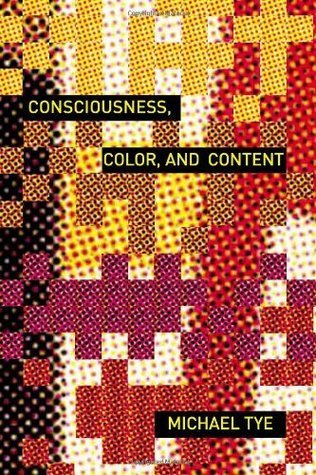What do you think?
Rate this book


Experiences and feelings are inherently conscious states. There is something it is
like to feel pain, to have an itch, to experience bright red. Philosophers call this sort of
consciousness "phenomenal consciousness." Even though phenomenal consciousness seems to be a
relatively primitive matter, something more widespread in nature than higher-order or reflective
consciousness, it is deeply puzzling.
In 1995 Michael Tye proposed a theory of
phenomenal consciousness now known as representationalism. This book is, in part, devoted to a
further development of that theory along with replies to common objections. Tye's focus is broader
than representationalism, however. Two prominent challenges for any reductive theory of
consciousness are the explanatory gap and the knowledge argument. In part I of this book, Tye
suggests that these challenges are intimately related. The best strategy for dealing with the
explanatory gap, he claims, is to consider it a kind of cognitive illusion. Part II of the book is
devoted to representationalism. Part III connects representationalism with two more general issues.
The first is the nature of color. Tye defends a commonsense, objectivist view of color and argues
that such a view is compatible with modern color science. In the final chapter, Tye addresses the
question of where on the phylogenetic scale phenomenal consciousness ceases, arguing that
consciousness extends beyond the realm of vertebrates to such relatively simple creatures as the
honeybee.
214 pages, Kindle Edition
First published July 18, 2000